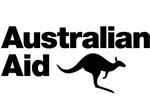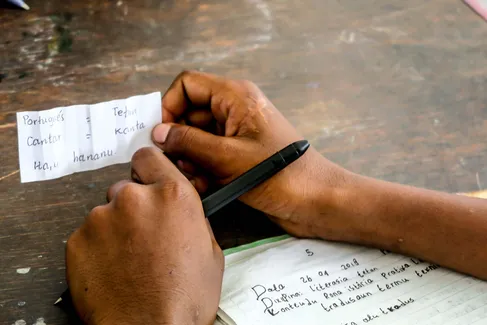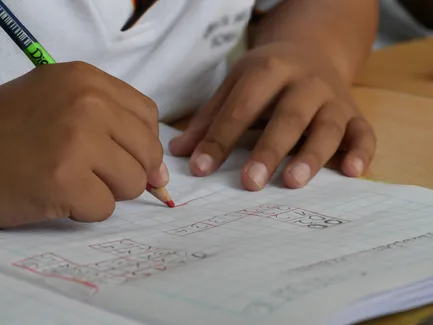Supporting households with a cash payment during COVID-19
The COVID-19 Cash Transfers Program enabled efficient and accountable distribution of a cash payment to Timorese households
Timor-Leste
Purpose
To provide financial assistance to households impacted by COVID-19 lockdowns
Approach
An emergency cash transfer program offering near-real time data to monitor progress and keep the public informed
Highlights
313,000 households received subsidy
>US$62.2m distributed
95% of funds distributed within 31 days
15,700 complaints registered for follow up and resolution
Partners
Timor Leste Ministry of Social Solidarity and Inclusion and Ministry of State Administration, supported by Australian Aid through the Partnership for Human Development
Enabling social support payments amid a pandemic
In March 2020, Timor-Leste put strict COVID-19 lockdowns in place, resulting in reduced income for many Timorese households. To ease this financial burden and boost the economy, the Timor-Leste government offered a monetary subsidy of $200USD to households across both the formal and informal sectors.
The majority of Timorese don't have a bank account or access to banking services and traditional digital transfer solutions were not able to be utilised. A fit-for-purpose solution was needed to meet the unique requirements of Timor-Leste.
Fast, accurate, on-ground distribution of cash payments
Working closely with Timor-Leste’s Ministry of Social Solidarity and Inclusion, Catalpa delivered and managed the COVID-19 Cash Transfers System, an emergency data collection and monitoring platform for accurate and transparent distribution of the social payment across 452 villages.
Mobile devices (tablets) were used for data collection in the field, so rapid development of a training program was required to ensure the team could effectively collect and submit data. Additional real-time support was provided by remote specialists to the 452 teams across the country.
In addition to distributing funds, the on-ground teams recorded information on payments, complaints about processing issues, and conducted evaluation surveys with beneficiaries and local leaders.
All this data was then made available through the transparent platform and used by the government to monitor progress and keep the public informed.

87% of respondents reported themselves ‘highly satisfied’ with the payment process. 96% of local leaders responded that they thought the process had been fair.

Turning complaints into opportunities
By integrating a robust complaints process, the Timor-Leste Government was equipped with an accountable system, enabling them to meet their obligations to constituents by delivering a near-universal financial benefit.
Complaints about payment distribution were captured and able to be resolved by a dedicated team through a response tracker system. The data collection also allowed for complaints to be aggregated for improvements and continual refinement to the system.
Header image: Sandra Magno, Partnership for Human Development


